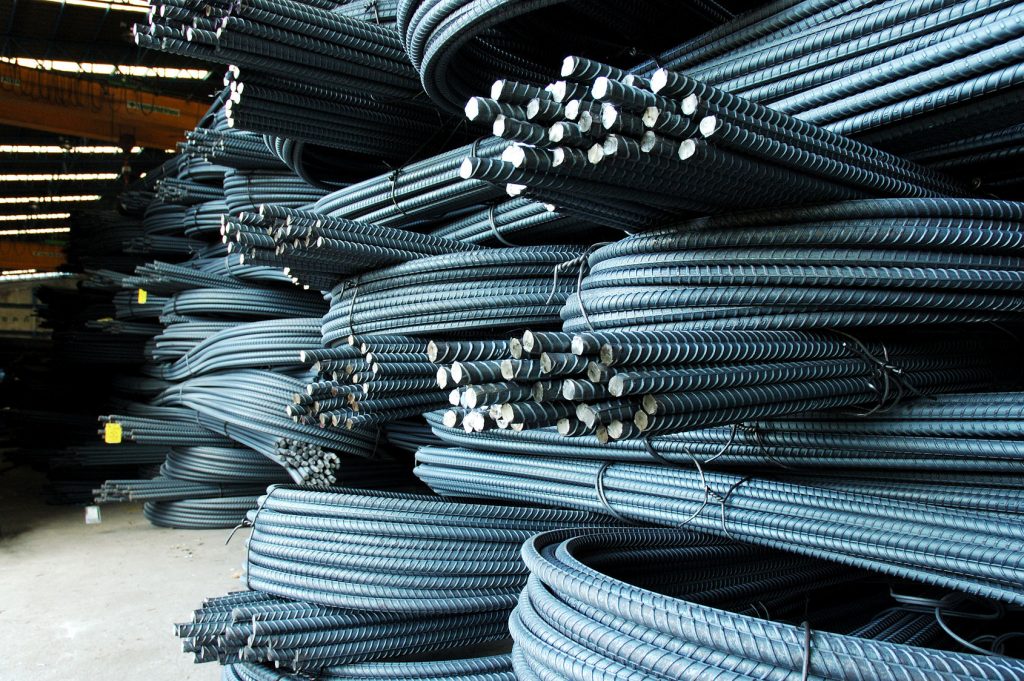To fund the infrastructure needs of its growing economy over the next 30 years, Nigeria would spend about USD 3 trillion.
Minister of Solid Minerals Development, Dr Kayode Fayemi, disclosed this on Thursday in London, United Kingdom, at a business forum organised by the Royal African Society.
Quoting a recent report by the National Integrated Infrastructure Master Plan, he said Nigeria’s current core infrastructure stocks gap, based on international benchmarks, is estimated at USD 80 billion.
Fayemi who presented a keynote address titled : “Mining for Prosperity: fueling Nigeria’s industrialisation in the 21st Century”, said the investment would allow Nigeria to close its current infrastructure gap and sustain an ideal infrastructure stock level of 70 per cent of GDP and build infrastructure assets across the seven critical sectors- roads, rail, ports, airports, power, water and ICT.
He said iron ore and steel would account for the bulk of materials inputs needed to industrialise Nigeria, just as he urged investors to take advantage of the country’s huge steel market.
The Minister said “We project a steady increase in domestic demand for steel in Nigeria in the coming decade, driven by increased industrialisation that will ignite a surge in building construction, power, automotive construction, agriculture, road and bridge building, military technology and infrastructure development, refinery investments and other heavy duty machinery.
“This ever-widening vortex of hunger for steel and iron ore is an opportunity for local and international investors to participate in the consolidation and expansion of Africa’s largest economy.”
He added that local producers are currently meeting just about 25 per cent of demand in the sub-sector, a development he said provides the required optimism for foreign investors.
Fayemi hailed the success recorded in the limestone, where Nigeria moved from being a net-importer of cement to a net-exporter in less than a decade of putting in place the right policy and necessary incentives for local manufacturers.
“We are working with all stakeholders in the industry to encourage replication of the limestone success story in the beneficiation of other industrial minerals, towards powering the industrialisation of the country.
“Our aspiration is to build a world class minerals and mining ecosystem designed to serve a targeted domestic and export market for minerals and ores.”, he added.
The Minister said the country would focus on minerals , mining and related processing industry over a three -phased period to achieve this.
“Phase 1: Nigeria will seek to rebuild market confidence in its minerals and mining sector and win over domestic users of industrial minerals that currently import. During this Phase, Nigeria will also seek to expand use of its energy minerals. This phase will likely last about 2 – 3 years.
“Phase 2: Nigeria will focus on expanding our domestic ore and mineral asset processing industry. This phase will last about 5 to 10 years.
“Phase 3: Nigeria should seek to return to global ore and mineral markets at a market competitive price point. We expect this to coincide with the next commodity upswing.”
Speaking further, Fayemi said should Nigeria successfully follow through with the implementation plans, growth is expected to return to the sector in the form of new exploration activity, operations and production from active mining, functional (and expanded) processing and refining capacity, and higher value-addition in exports.
“ The net outcome will be the creation of thousands of direct jobs and potentially hundreds of thousands of indirect jobs.”


One Response
The figures given doesn’t simply add up!